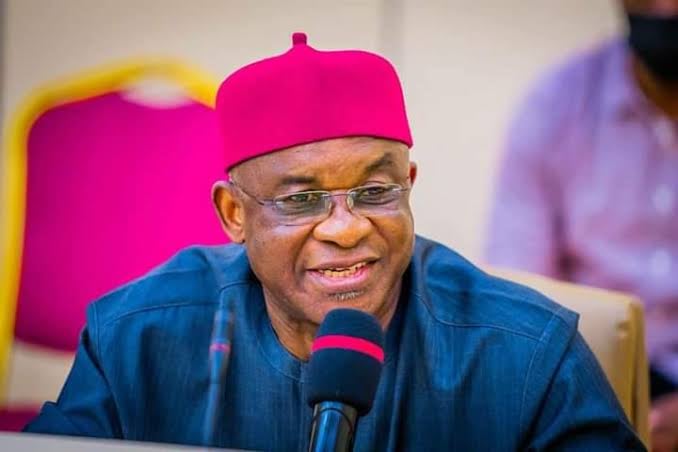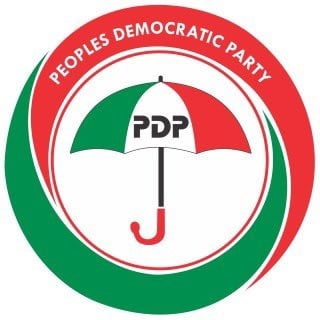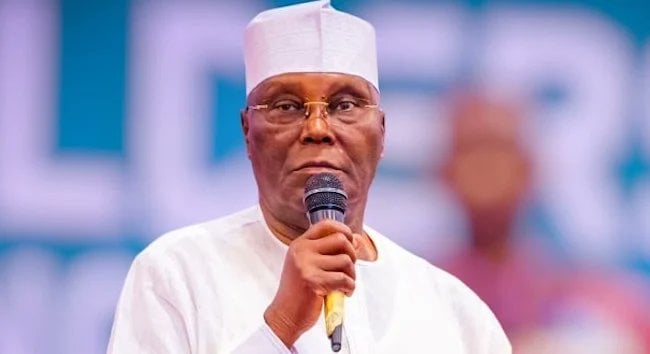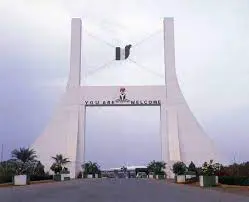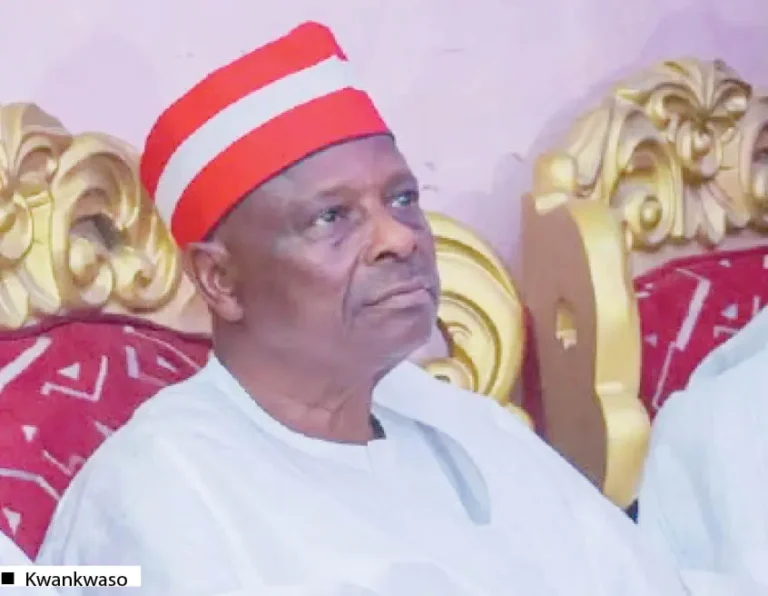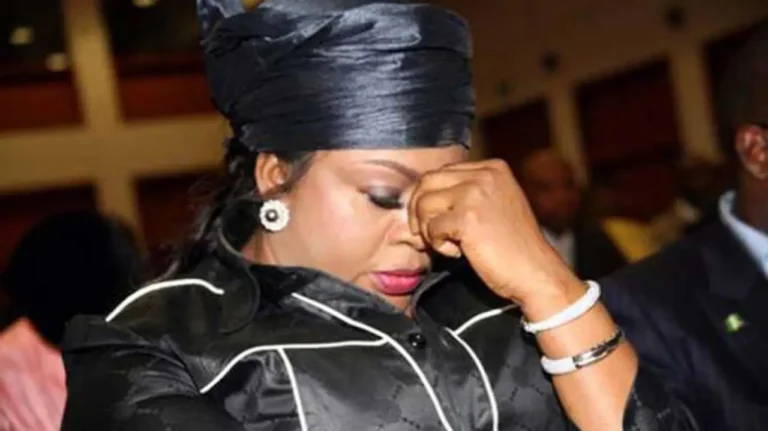
September 6, 2023: Tribunal Judgment Day in Nigeria
As Nigerians eagerly await the judgment day of the presidential election tribunal, September 6, 2023, the nation stands at the height of a pivotal moment in its democratic journey. The outcome of this petition, which challenges the legitimacy of Bola Tinubu’s presidency, will undoubtedly shape the future of our nation.
The disputed victory of Bola Tinubu, secured in February under the party of the All Progressives Congress, has been covered in controversy from the outset. Atiku Abubakar of the People’s Democratic Party and Peter Obi of the Labour Party, the second and third-place contenders, have laid their grievances before the court, citing allegations of fraud as the basis for their claims.
The tribunal’s hearings, which commenced in June, have been closely watched by Nigerians who yearn for justice, transparency, and accountability in our democratic processes. Now, as the tribunal prepares to deliver its judgment, the nation holds its breath.
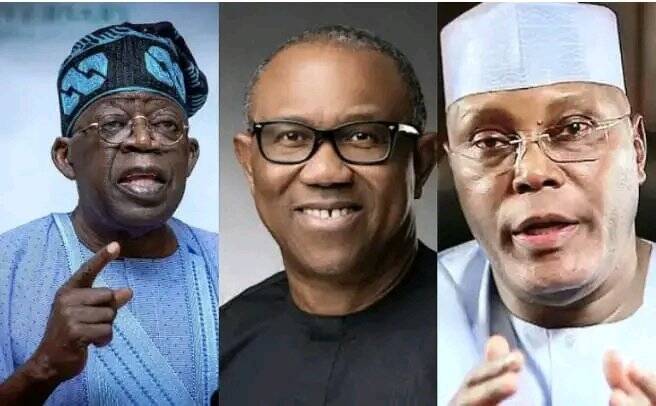
In Nigeria’s democratic history since its return to civilian rule in 1999, election results have been consistently contested, yet rarely have they been overturned by the courts. However, there is an exception to every rule, as demonstrated by the 2015 presidential election when Goodluck Jonathan gracefully conceded defeat to Muhammadu Buhari. Could the 2023 tribunal decision be another exception that defines a turning point for our democracy?
Many observers anticipate the tribunal will uphold Tinubu’s victory. His presidency has already commenced, and he faces immense pressure to swiftly address the nation’s economic and security challenges. It is noteworthy that Tinubu, a seasoned member of the ruling party, secured the presidency with just 37% of the vote, the lowest percentage since 1999.
What makes this case particularly contentious is the cloud of doubt that hangs over the electoral process. The malfunction of promised transparent technology and the erosion of trust in the electoral commission has given rise to widespread allegations of fraud. Moreover, the dismal voter turnout, even by Nigerian standards, casts a shadow over the election’s legitimacy. With only 29% of eligible voters participating, compared to a 35% turnout in the 2019 election, questions about the true will of the people loom large.
As a concerned Nigerian, I hope the tribunal will meticulously examine the evidence presented during the hearings. The court must ensure a thorough, unbiased, and transparent process that upholds the rule of law and strengthens our democracy.
Should the tribunal decide to uphold the election, Nigeria must brace itself for the potential consequences. Social unrest, protests, and a further erosion of trust in our democratic institutions are likely scenarios. Nigeria cannot afford a prolonged period of political uncertainty, as it directly impacts our economy, security, and international standing.
On the other hand, if the tribunal finds evidence of fraud and irregularities that cast doubt on the legitimacy of Tinubu’s presidency, it will be a test of our democracy’s resilience and a beacon of hope for the rule of law. The decision will demonstrate that Nigeria is committed to fostering a political environment where the will of the people prevails, and justice is served.
The eyes of Nigerians and the world are fixed on the outcome of the tribunal’s judgment. It is our collective hope that the decision will contribute to the growth and strengthening of Nigeria’s democracy, ensuring that the voice of every citizen is heard and respected and that our great nation can move forward united and with renewed faith in our democratic institutions.

